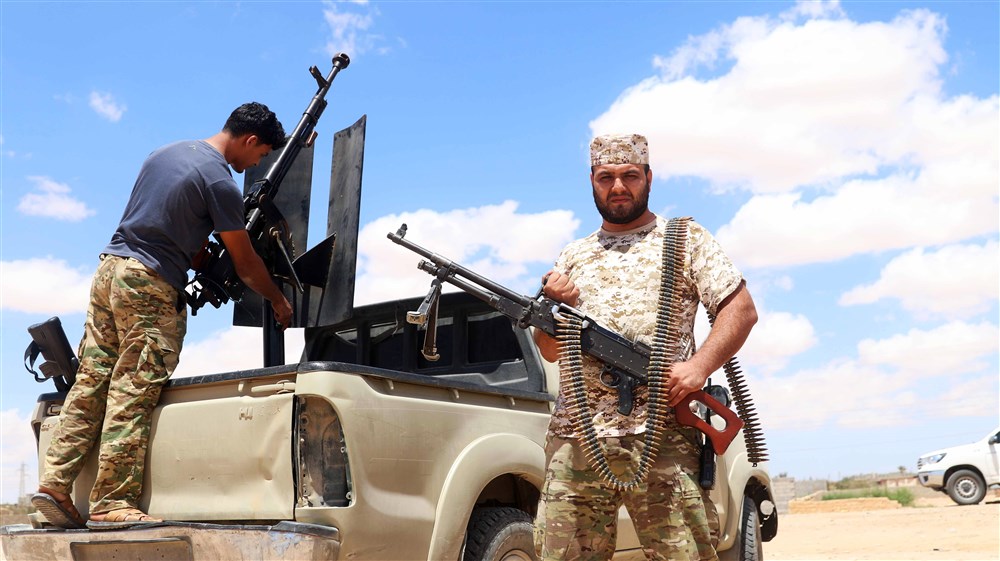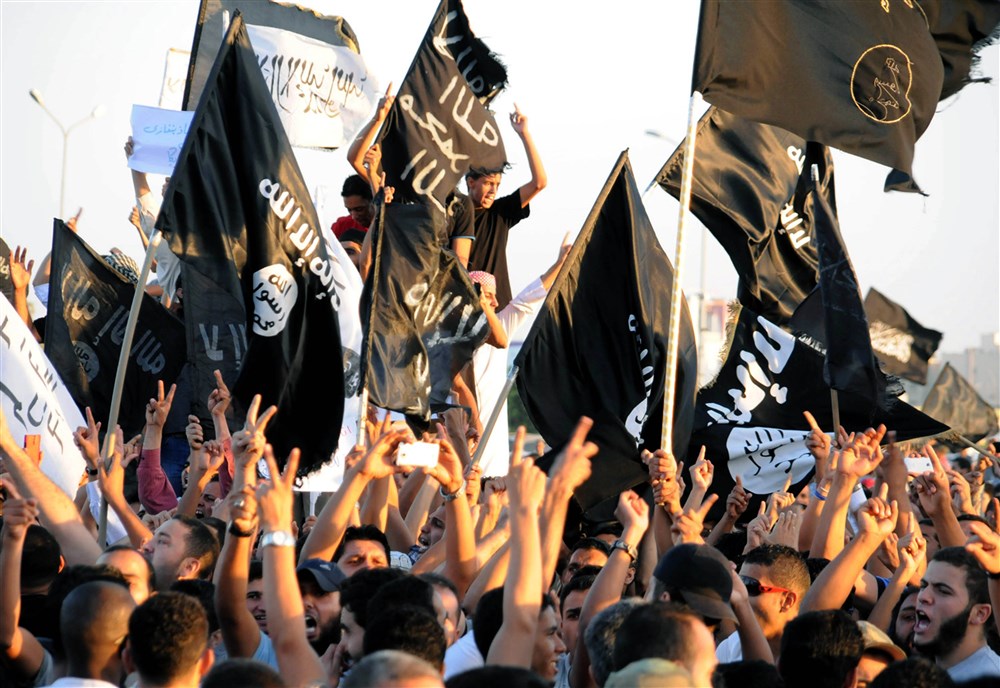Pope Francis has appointed Archbishop Savio Hon Tai-Fai as the new apostolic nuncio to war-torn Libya against a backdrop of rising persecution of Christians in the African country.
Christian oppression in Libya has increased, particularly since the 2011 revolution, resulting in growing Islamic extremism and associated atrocities. In 2015, 21 Egyptian Coptic Christians were beheaded on a Libyan beach by the then Islamic State of Iraq and the Levant (ISL). Pope Francis also announced that the Catholic Church will officially recognise those victims as martyrs.
Installed on May 18, Archbishop Savoi Hon Tai-Fai will be tasked with representing the fast-shrinking Christian community in Libya, amid a rise in brutal extremism, tribal conflict and militia rule. Before being called by the Pope to undertake his new vocation, the 73-year-old Chinese diplomat had been nuncio to Malta since October last year.
The post he has taken up in Libya had been vacant since April 30 last year following the acceptance of the resignation of the previous Nuncio, Bishop Alessandro d’Errico.
Alongside expressing outrage at the savage murder of Christians in Libya, the Pontiff has long-decried the treatment of migrants there, referring to migrant detention facilities as “concentration camps” where they are often forced to undertake manual labour in slave-like conditions.
As a result, many to try to flee by making the often deadly journey by across the Mediterranean to safety in Europe. Referring the numerous deaths of those attempting the crossing, the Pope described the seaway as a “cemetery”, and has called on the international community to intervene to halt the tragedies.
Among the latest extremist crackdowns in Libya, in April this year, the country’s Internal Security Agency launched a campaign in the capital Tripoli to arrest Libyan citizens accused of abandoning Islam and foreigners who were preaching Christianity. Apostasy, the term to describe leaving the Islamic faith, is prohibited and punishable by death in many Muslim countries.
Of permanent residents in Libya, only around 300 are Christian. There are about 40,000 foreign workers in addition to a migrant population that is difficult to measure. Many Christian converts in the country live in fear of persecution from both civil authorities and non-Christians in their own communities.
Despite a Christian presence in Libya that dates back to before the Islamic conquests in the 7th Century, no dioceses remain in the country.
Archbishop Hon Tai-Fai was ordained as priest in 1982 and a bishop in 2010 by Cardinal Ratzinger, later Pope Benedict XVI. The same year, he was appointed secretary of the now dissolved Congregation for the Evangelisation of Peoples responsible for missionary work and related activities – which may well be seen as contentious in Libya.
Alessandra Bocchi is Associate Editor at Brussels Signal





